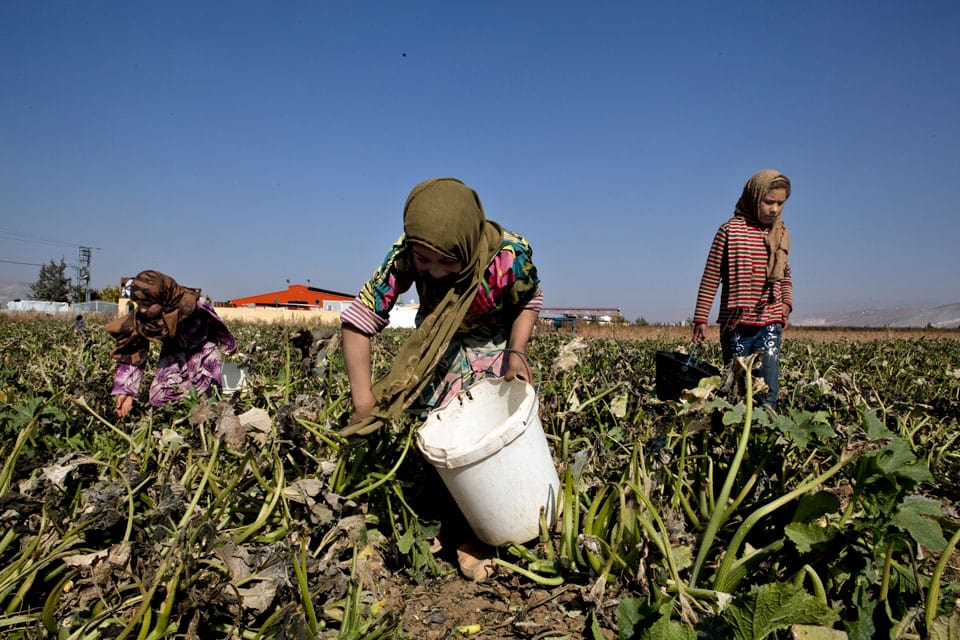Tunisia has launched a project dubbed “All Against Child Labor in Tunisia” as part of the government’s efforts to curb child labor in the North African country.
The project, which was launched Monday in Hammamet, is projected to run for three years and focuses on providing practical plans for the National Program To Combat Child Labor.
It is also aimed at monitoring, evaluating, and implementing the necessary mechanisms to ensure maximum impact in ending the problem, reports TAP.
At the launch of the All Against Child Labor in Tunisia project, Tunisia’s Minister for Social Affairs, Mohamed Trabelsi, said the country needs a comprehensive national strategy to end child labor.
He further noted that the problem of child labor in the country has worsened over the years, with more children, the majority of who are below 16 years, leaving school every year to venture in to all manner of industries.

“We have 100,000 children who leave school early for one reason or another, especially in the rural regions. It mainly affects girls,” Trabelsi said.
The minister warned that these children are susceptible to all kinds of exploitation, including child labor.
Preserving Children’s Rights
Trabelsi also revealed that Tunisia’s National Institute of Statistics has already embarked on a nationwide survey to establish the extent to which child labor has taken root in the country.
The results of the study, which is based on a sample of 15,000 families, will be published in September and are expected to facilitate a thorough analysis and diagnosis of the problem so as to delineate effective strategies to end the menace.
The project coincides with this year’s celebration of the National Year of the Child 2017, with Tunisia’s Minister for Women, Family, and Children Neziha Laabidi emphasizing the need to put in place policies that will guarantee an end to child labor and dropping out of school by Tunisian children.
“We can’t talk about a child labor phenomenon today in Tunisia, because there isn’t really any data,” Laabidi noted.
Since 2015, the government of Tunisia has stepped up its efforts to fight child labor in the country.
It began by adopting the implementation of the Child Labor National Action Plan and later participated in the Global Research Project on Child Labor Measurement and Policy Development.
But despite these efforts, children in Tunisia are still engaging in child labor, including street work, domestic work, and many other forms of exploitation.
What’s worse, the Constitution’s minimum age protection doesn’t apply to children outside the formal employment sector, thus exposing hundreds of thousands of children in the informal sector to regular exploitation.










